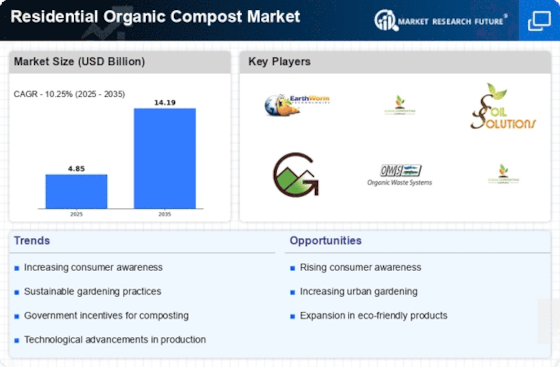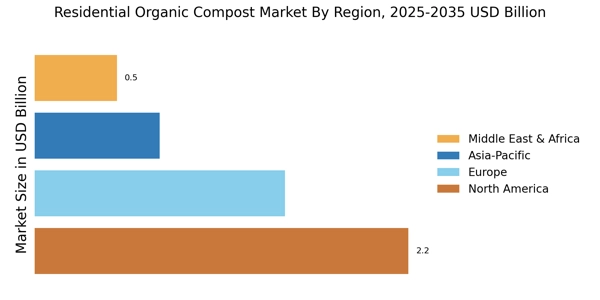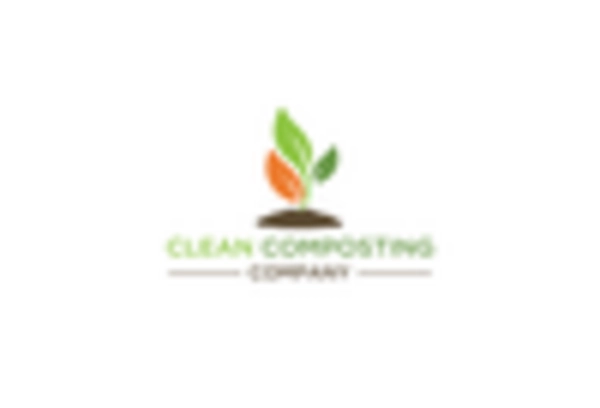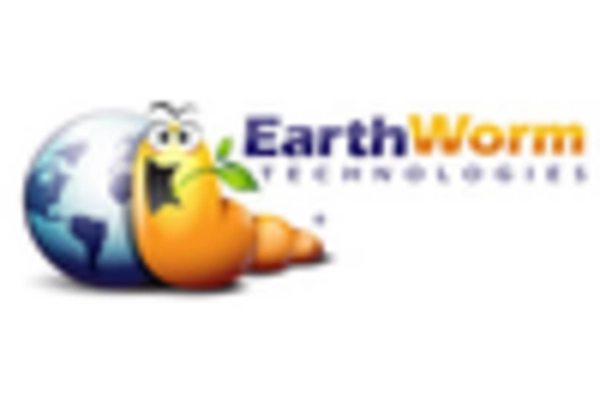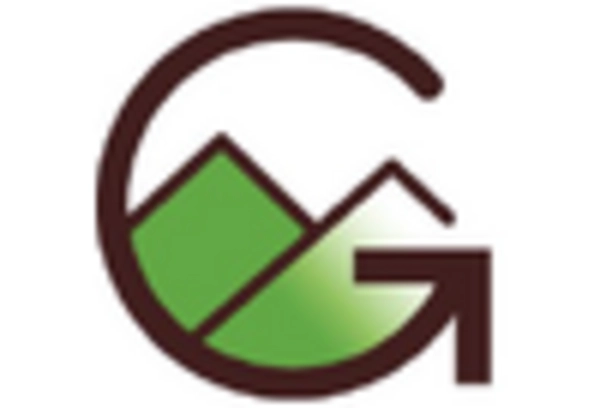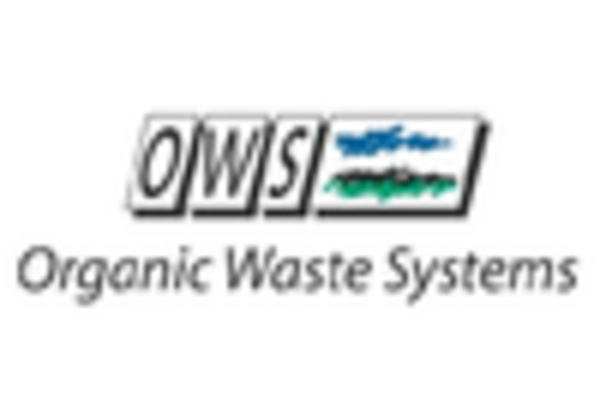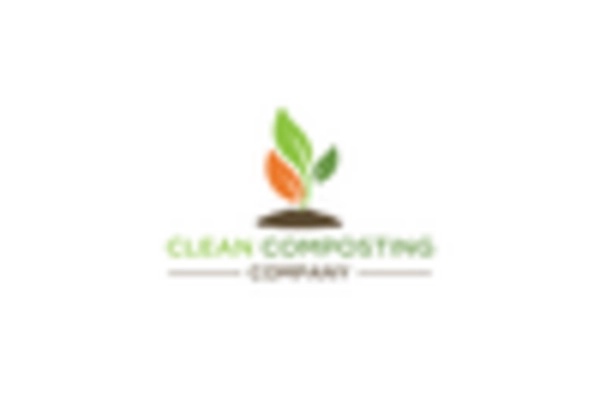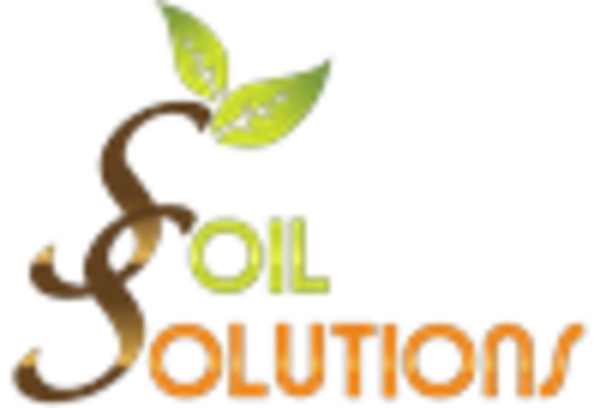Regulatory Support
Regulatory support for organic farming and composting practices is another significant driver influencing the Residential Organic Compost Market. Governments are increasingly enacting policies that encourage organic agriculture, which often includes the use of organic compost. For instance, various countries have established standards for organic certification that necessitate the use of organic inputs, including compost. This regulatory framework not only promotes the adoption of organic compost but also enhances consumer confidence in organic products. The market for organic compost is projected to grow as these regulations become more widespread, with estimates suggesting a compound annual growth rate of around 10% over the next five years. Such supportive measures are likely to create a favorable environment for the Residential Organic Compost Market, facilitating its expansion and acceptance among consumers.
Health Consciousness
Increasing health consciousness among consumers is emerging as a pivotal driver for the Residential Organic Compost Market. As individuals become more aware of the impact of food quality on health, there is a growing preference for organically grown produce. This trend is reflected in the rising sales of organic fruits and vegetables, which have seen a consistent annual growth rate of approximately 12%. Consequently, consumers are turning to organic compost as a means to cultivate their own food, ensuring it is free from synthetic chemicals. The demand for organic compost is likely to rise as more people adopt home gardening practices, driven by the desire for healthier food options. This shift towards health-oriented gardening is expected to significantly influence the Residential Organic Compost Market, as it aligns with broader trends in health and wellness.
Educational Campaigns
Educational campaigns promoting the benefits of composting are playing a crucial role in shaping the Residential Organic Compost Market. Various organizations and governmental bodies are actively engaging in initiatives aimed at raising awareness about the advantages of composting, such as reducing waste and improving soil health. These campaigns often highlight the environmental benefits of composting, which resonate with environmentally conscious consumers. As a result, participation in composting programs has increased, with estimates suggesting that community composting initiatives have grown by over 40% in recent years. This heightened awareness is likely to drive demand for residential organic compost, as more individuals seek to adopt composting practices in their homes. The ongoing educational efforts are expected to foster a more informed consumer base, thereby positively impacting the Residential Organic Compost Market.
Urban Gardening Trends
The rise of urban gardening trends is significantly impacting the Residential Organic Compost Market. As urban populations continue to grow, there is a notable increase in the number of individuals engaging in gardening within limited spaces, such as balconies and community gardens. This trend is accompanied by a heightened awareness of the benefits of organic gardening, including the use of organic compost to enhance soil quality and plant health. Reports indicate that urban gardening has surged by over 50% in recent years, leading to a corresponding demand for organic compost products. The Residential Organic Compost Market stands to benefit from this trend, as urban gardeners seek sustainable solutions to cultivate their plants. The integration of composting practices into urban lifestyles is likely to further drive market growth, as more individuals recognize the value of composting in urban settings.
Sustainability Initiatives
The growing emphasis on sustainability initiatives appears to be a primary driver for the Residential Organic Compost Market. As environmental concerns escalate, consumers increasingly seek eco-friendly alternatives to chemical fertilizers. This shift is evidenced by a reported increase in organic gardening practices, with approximately 30% of households engaging in composting activities. Such trends indicate a rising demand for organic compost products, which are perceived as sustainable solutions for waste management and soil enhancement. Furthermore, municipalities are implementing composting programs, which not only promote organic compost usage but also contribute to reducing landfill waste. This collective movement towards sustainability is likely to bolster the Residential Organic Compost Market, as more individuals and communities recognize the benefits of composting in fostering a healthier environment.


